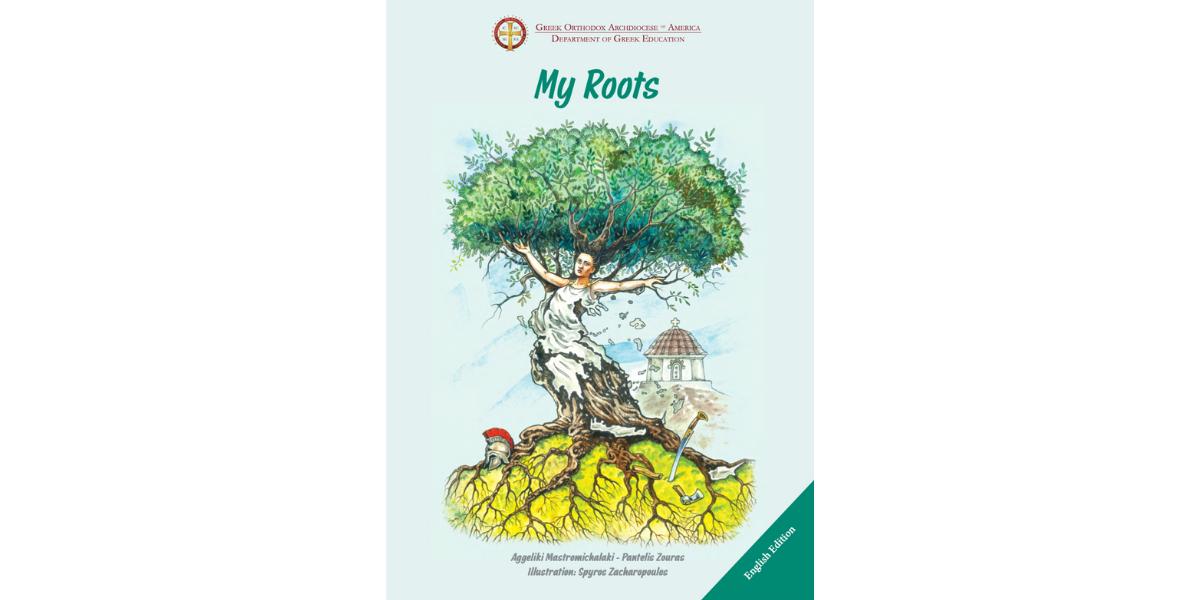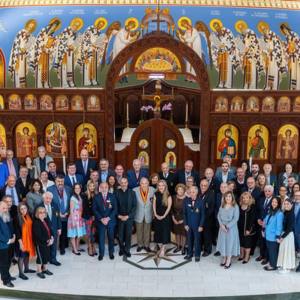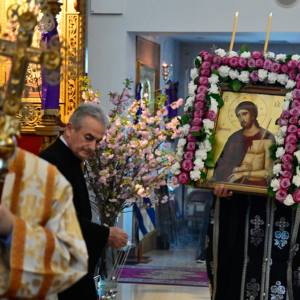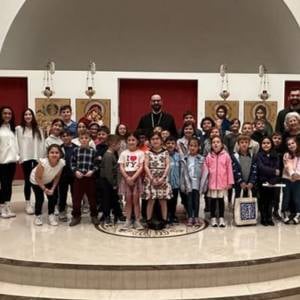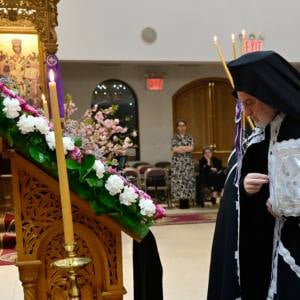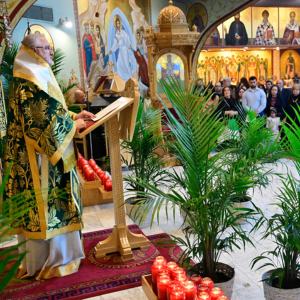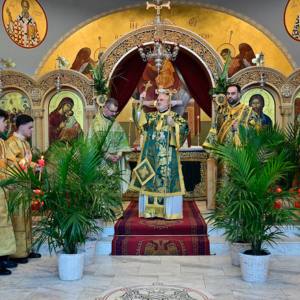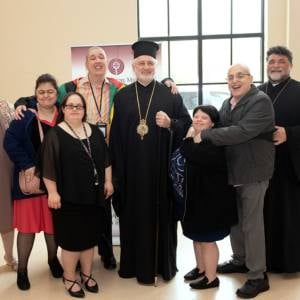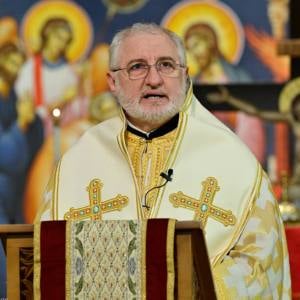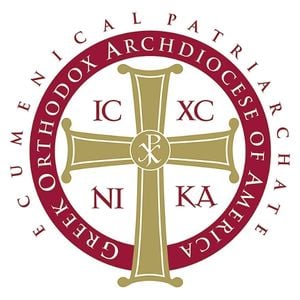Continuing its commitment to enhancing the proficiency of educators teaching the Greek language, the Department of Greek Education is set to host the 7th Webinar focusing on Learning Strategies and Innovative Teaching Techniques.
The 7th session covers "MYTHOLOGY."
Event Details: The interactive seminar, actively involving educators, is scheduled to last for 1 hour and 30 minutes. Dr. Angeliki Mastromichalaki will share her expertise in the field.
Date and Time: Saturday, April 20, 2024, at 3:00 p.m. EST
Link: https://goarch.zoom.us/j/82083001428?pwd=UikxYCfmMRE31LVJc016h1VWHazTor.1
Greek mythology encompasses the entirety of myths related to Greek tradition as presented in ancient Greek texts. Specifically, Greek mythology refers to the narration of mythical stories created by the ancient Greeks concerning their gods and heroes, the nature of the world, and their ritual practices of worship.
It consists of a rich collection of narratives concerning the origins of the world and recounts the lives and adventures of a wide variety of gods, heroes, heroines, and other mythological creatures. These stories were initially shaped through oral and poetic tradition before being recorded in written form through the works of Greek literature.
The oldest known literary sources are the two epics, Homer's Iliad and Odyssey (8th century BCE), dedicated to the events of the Trojan War and the subsequent adventures of Odysseus.
References will be made to the following: The Twelve Olympian Gods, the Labors of Hercules, Theseus and the Minotaur, the myth of Persephone, Aesop's fables, and the Trojan War.
For further details or inquiries, educators are encouraged to contact the Director of the Education Office, Dr. Anastasios Koularmanis at [email protected].

